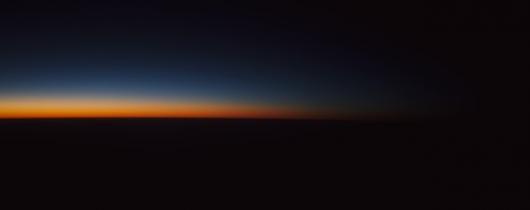Facing It | Enfrentarlo

Ss. Cosmas and Damian
Ecclesiastes 11:9-12:8; Luke 9:43b-45
The spread of COVID-19 on many college campuses is concerning but not surprising. Even in the face of a pandemic, expecting young adults—many of whom are away from home and the watchful eyes of their parents for the first time—to avoid large gatherings, practice social distancing, wear masks, etc. is unrealistic.
Young adults and teens are not well-known for their prudence or delayed gratification. Those of us who are (much) older can look back on some of our decisions and actions “back in the day” and rightly judge them as stupid, crazy, or inconsiderate.
To some extent, our lack of judgment is biological: our brains, including those parts that evaluate risk or consider other people, are not yet fully developed. Our moral compasses are also still trying to find their “True North” (a task that can last well into adulthood). We have much—and will always have much—to learn.
One important lesson is about our mortality. The bodies we have at 20 are not the bodies we have at 40, 60, and 80. I wish I could run like I did 35 years ago, but tens of thousands of miles and one heart surgery later, that’s not possible. My memory isn’t as good today as it was when I was ordained. One day I will die.
Facing my mortality is humbling. But it can also be an opportunity to grow in wisdom and gratitude. The horizon of my earthly journey’s end is closer than the one where it began. Can I live with that?
***
Ss. Cosmas y Damián
Eclesiastés 11:9-12:8; Lucas 9:43b-45
La propagación de COVID-19 en muchos campus universitarios es preocupante pero no sorprendente. Incluso frente a una pandemia, esperar que los adultos jóvenes -muchos de los cuales están lejos de casa y de los ojos vigilantes de sus padres por primera vez- eviten las grandes reuniones, practiquen el distanciamiento social, usen máscaras, etc. es poco realista.
Los adultos jóvenes y los adolescentes no son conocidos por su prudencia o su gratificación tardía. Aquellos de nosotros que somos (mucho) mayores podemos mirar hacia atrás en algunas de nuestras decisiones y acciones "en el pasado" y juzgarlas correctamente como estúpidas, locas o desconsideradas. Hasta cierto punto, nuestra falta de juicio es biológica: nuestros cerebros, incluidos los partes que evalúan el riesgo o consideran a otras personas, aún no están completamente desarrollados. Nuestras brújulas morales también siguen intentando encontrar su "Verdadero Norte" (una tarea que puede durar hasta la edad adulta). Tenemos mucho - y siempre tendremos mucho - que aprender.
Una lección importante es sobre nuestra mortalidad. Los cuerpos que tenemos a los 20 años no son los que tenemos a los 40, 60 y 80 años. Desearía poder correr como lo hice hace 35 años, pero decenas de miles de kilómetros y una cirugía de corazón después, eso no es posible. Mi memoria no es tan buena hoy como cuando fui ordenado. Un día moriré.
Enfrentar mi mortalidad es humillante. Pero también puede ser una oportunidad para crecer en sabiduría y gratitud. El horizonte del final de mi viaje terrenal está más cerca que el de su comienzo. ¿Puedo vivir con eso?
- Capuchin Friar John Celichowski, OFM Cap.




